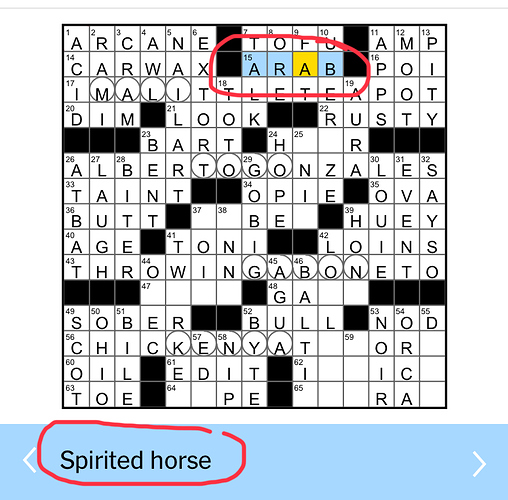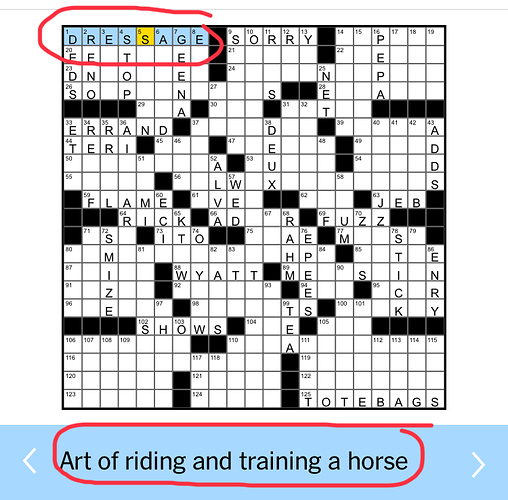We got to watch parts of this in crim pro to see how to qualify an expert. Such a great movie!
To my knowledge there has been only one hearing on a motion in the criminal case and that was on the prosecution’s motion for detention. The prosecution has the burden and presents evidence. The defense may present a counter narrative and evidence but is not required to and it’s actually common that the defense does not. There are several reasons why.
First, this hearing is early in the case before much evidence has been gathered by the defense. There is a risk to presenting one version of events early on, then later discovering that’s not the version you want to present at trial. Witnesses can be impeached (shown to be not credible) if they change stories.
Second, the standard and elements are different at this hearing than at trial. The question at the detention hearing is whether the defendant will be a risk of harm to himself/others or a flight risk if he is released. That goes to the defendant’s current economic status at the time of the hearing and his state of mind AT THE TIME OF THE HEARING. His state of mind at the time of the alleged crime is the issue at trial and it’s a different question.
The standard of proof at the hearing is “clear and convincing” which is lower than the trial standard of beyond a reasonable doubt. If your client is accused of attempted homicide the reality is that he’s getting detained under this standard and there’s no real point in fighting significantly. You take a shot at arguing for release and then you accept the detention you knew was coming.
Third, the defendant does not have to present any evidence or narrative at trial. Ever. He has no burden as to the elements of the claims charged. He can simply hold the prosecution to its proofs.
He has less of a pretrial disclosure burden too. Keeping the trial theory close to the chest until it’s necessary gives the defendant an element of surprise that he may want.
He can also adjust his theory to the prosecution’s case. He may not really know his theory until he sees how the prosecution evidence plays out. He may have planned motions in limine to exclude evidence and his theory depends on whether those succeed.
In NJ self defense is an affirmative defense. The defense need not put it on unless the prosecution overcomes its hurdle to prove the elements of the charge. So it’s especially NOT the kind of theory you would float at a preliminary phase. It’s only an argument the defense makes if several other things don’t fall the defense’s way first. It makes little logical sense to suggest taking on a burden (which an affirmative defense would be) long before you have to.
Fourth, a defendant testifying on his own behalf (which would probably be necessary to argue self defense at the detention hearing) may waive his right to claim the fifth later. He may be opening the door to being required to testify at trial. At minimum the statements made at the detention hearing could be used against him by the prosecution at trial. It would be very risky to put your client on the stand at a detention hearing knowing how his testimony could be used to his disadvantage later. So you wouldn’t normally consider doing that.
You could call some other bystander eyewitness but that’s also got risks. Any witness who testified multiple times increases the chance of impeachment at trial. Lots of risk, not much upside given that you’re unlikely to win at a detention hearing with a client accused of attempted first degree murder.
The long and short is that defense counsel had all the reasons in the world not to air his trial strategy at the detention hearing and little incentive to do so. This might be different if the charge was not one where detention was a forgone conclusion but here it was.
Litigation isn’t like on TV shows. It takes a long time. The strategy at one phase is different than the next. It’s not all lawyers giving stirring speeches while walking back and forth in the well. Spend a day watching detention hearings. It’s the prosecution saying why the defendant should be in custody pending conviction, the defense putting enough ink on the paper to have tried for release, and then it ends. It is not common in serious bodily injury cases for the defense to argue its ultimate trial defense at these hearings.
I remember it as an entertaining movie, but it never would have occurred to me that it was that accurate on the legal side.
I guess I’ve seen so many wildly inaccurate horse related movies that the possibility did not even occur to me. Lol.
Actually MCV is one of the more realistic legal movies. The overall situation is pretty far fetched but the direct/cross examination strategies are pretty on point as are the crim pro issues and how they’re resolved. I use this movie to teach.
The best thing about MCV is that it shows the prosecutor doing the right thing. All the way through. He doesn’t want an unfair win, he wants a just outcome. How often do you see that on film/TV? Almost never. Prosecutors are either shown as infallible or total slimebags. He’s shown as a person trying to do the right thing and being open minded about the evidence. Even if it means giving up a conviction.
I have to ask. How about the part with Marisa Tomei’s testimony? Was that realistic?
I liked the “two yutes” quote
Aside from her bad attitude at the start and her accent, yes.
Ha! What question would you ask someone to voire dire for expertise in the equestrian world?
I think I would ask for the 3 foundation sires of the Thoroughbred.
And Fred Gwynne is so great as the judge!
He’s awesome. Everything is on point about that film
I guess it depends on discipline. For hunters “name three formerly lauded trainers banned by SS” 
Formerly?
It would probably be just about impossible to narrow it down enough for an accurate response.
For example, how many options are there for these crossword answers? A lot!!
That’s why it’s such a hard question 
I think that’s called being schooled!! Many thanks for that. It was very easy to follow and get an understanding of the how these things work.
I’m not just trying to be dogmatic by pointing out that nothing has been disputed/undisputed yet. What we have right now is the prosecution’s explanation for why he should be detained… and really nothing else (in the criminal case, at least in terms of formal positions). So it’s really unfair to say “well he doesn’t dispute X Y Z.” Saying that is, in essence, punishing his counsel for taking a prudent strategy in the one hearing that has happened, to date.
He may NOT pursue some of the arguments/defenses speculated about on this thread. Or he may. We don’t know. Because there wasn’t yet a time when it made sense for his counsel to make those argument/defenses. We have no clue what the evidence shows and what is/is not going to be admitted. We’re speculating based on what’s been reported publicly about the criminal case and that’s the tiniest tip of the iceberg on the evidence in this case. And it’s based on a detention hearing which is a very different context than the trial itself.
Absolutely clear. Thanks for sharing your knowledge about all this. Super insightful and helpful for those of us with no such expertise.
It is interesting to understand how the process works. I wonder if the trial will happen this year or next because of the backlog due to the pandemic.


